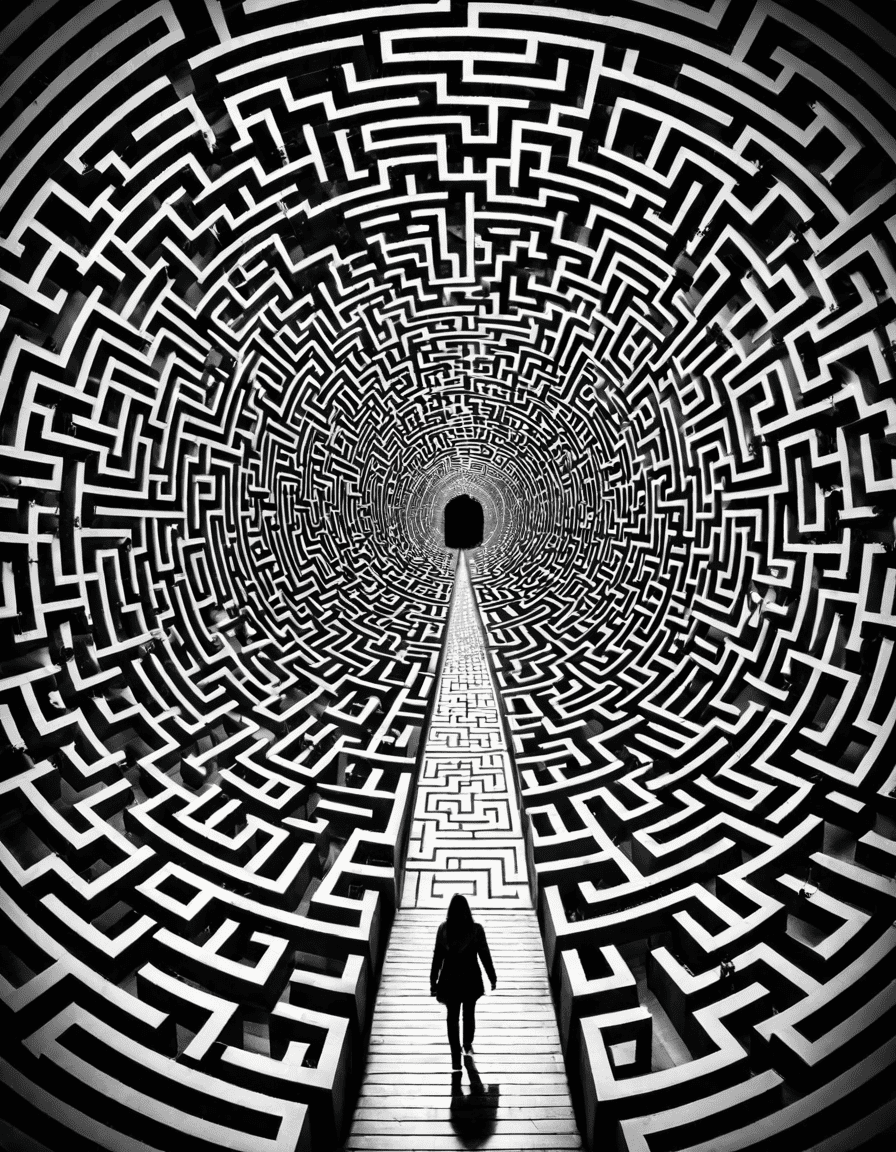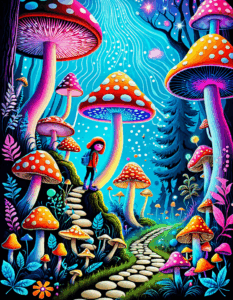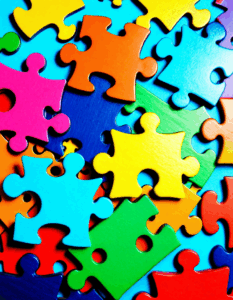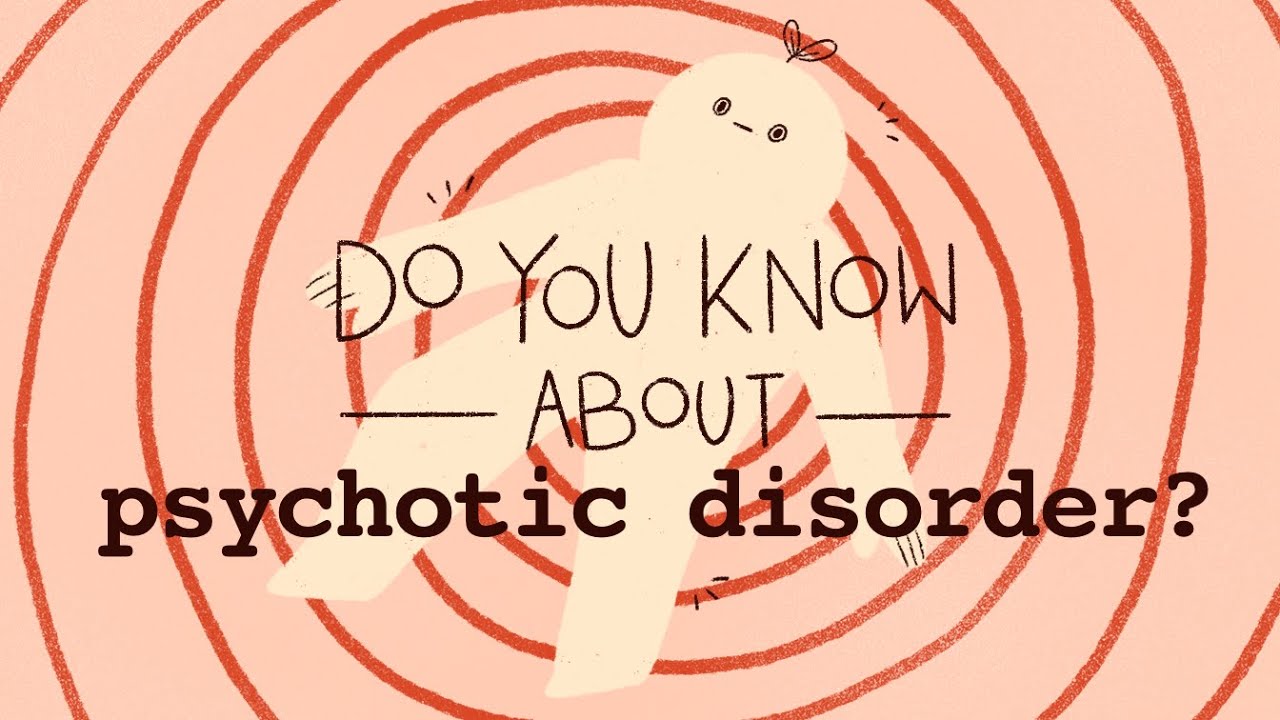
Understanding Psychotic Disorder: The Hidden Challenges Parents Face
Psychotic Disorders can be a heavy burden, not just for the individual but also for their families. These mental health conditions often bring complexities that may leave parents feeling overwhelmed, confused, and helpless. It’s essential to comprehend the intricacies of psychotic disorders, especially for parents whose children struggle with addiction or mental health issues. The emotional landscape is challenging, and understanding these disorders is the first step towards fostering support and healing.
Many parents grapple with feelings of guilt and frustration. It’s as if they’re navigating an emotional minefield where one wrong step can trigger a crisis. When a child exhibits symptoms of a psychotic disorder, it can provoke fear, creating an invisible wall between them and their loved ones. Not knowing how to help can leave parents feeling utterly powerless, often wishing they could turn back time or take their child’s pain upon themselves.
The truth is, addressing a psychotic disorder requires not only understanding but also compassion and perseverance. Acknowledging the challenges inherent in these mental health conditions is crucial. It opens the door for communication, support, and ultimately recovery. Parents are often the unsung heroes in this battle, and their resilience is what makes healing possible.
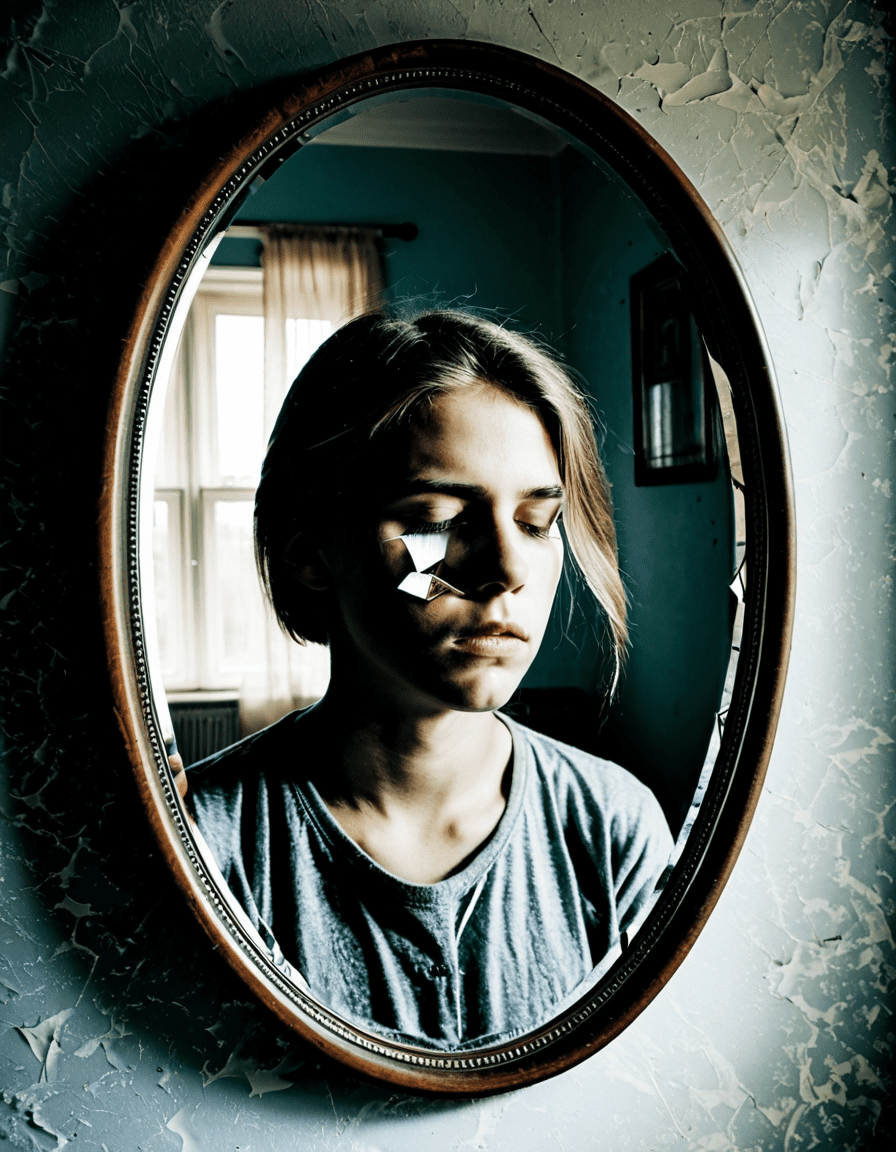
Top 7 Psychotic Disorder Symptoms: Identifying the Signs
Understanding the signs of a psychotic disorder is vital for early identification and intervention. Below are some key symptoms that can help parents identify when professional help may be required.
Hallucinations can take many forms. Often, individuals might hear voices or see things that simply aren’t there. According to the World Health Organization (WHO), approximately 25% of individuals with schizophrenia, a common psychotic disorder, experience these symptoms. Recognizing this can help parents understand their child in a profound way.
Delusions, particularly paranoia, can wreak havoc on family relationships. John Nash, a renowned economist, had delusional episodes that strained his connections. Such misunderstandings can lead to conflict and emotional trauma within families, making it harder for parents to relate and support their children.
Parents might find it frustrating when their child suddenly switches topics or spews out erratic sentences. Disorganized thinking hampers effective communication, which can heighten feelings of isolation for both the child and the parent. It’s essential to approach these conversations with patience and love.
Instances of mania symptoms can be alarming. A child might exhibit extreme energy levels and rapid speech, occasionally spiraling into severe behavioral episodes. For parents, recognizing these signs early can help in seeking appropriate treatment before situations escalate.
Unfortunately, the link between psychotic disorders and suicidal thoughts is strong. Studies reveal that about 50% of individuals diagnosed with schizophrenia may have considered suicide at some point. This statistic can scare any parent, highlighting the critical need for vigilance and open conversations about mental health.
One frustrating aspect of psychotic disorders is that individuals often lack awareness of their condition. This might lead to refusal of treatment, making it tough for parents to guide their children toward recovery. Understanding this symptom can alleviate some of the blame parents might feel when their child resists help.
When children isolate themselves, it can send parents into a tailspin of worry. Social withdrawal often signals distress and a desire for help. By acknowledging this behavior as a call for support, parents can act with empathy, approaching their children in a way that restores connections rather than creates distance.
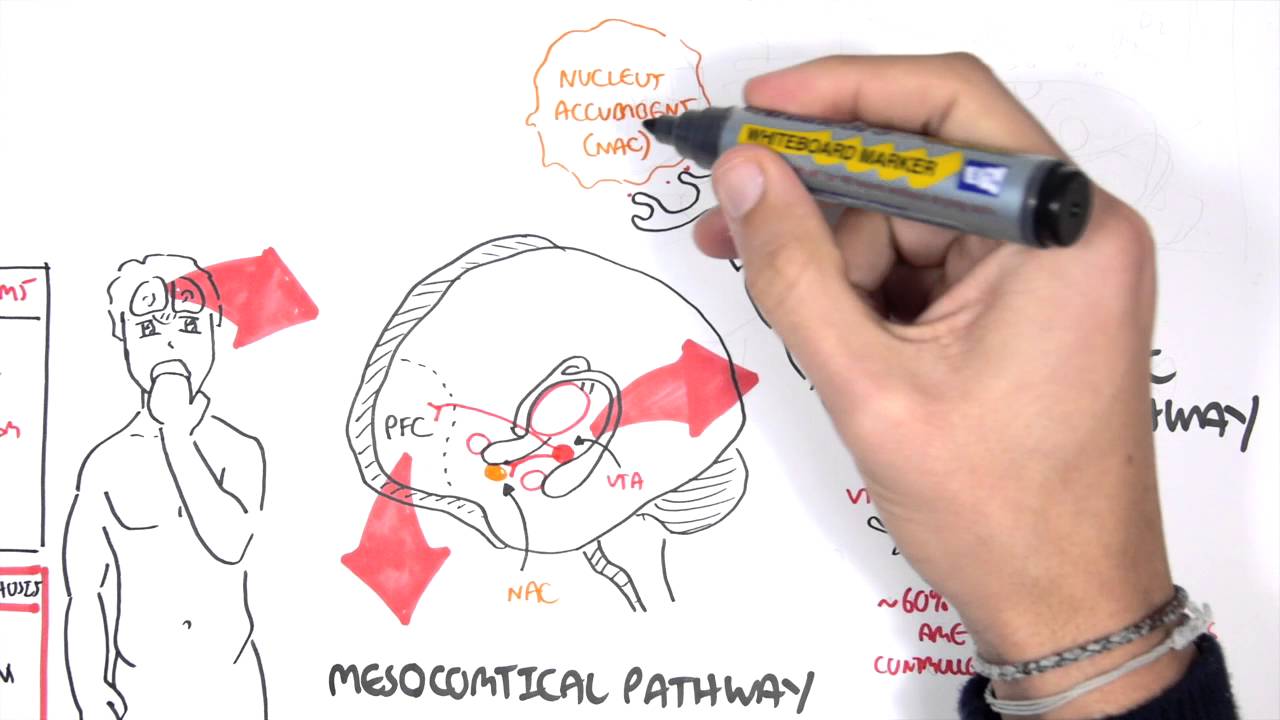
The Impact of Psychotic Disorders on Addiction Recovery
The relationship between psychotic disorders and addiction is complex. Children struggling with both are caught in a perverse cycle where stress from one condition amplifies the other. They may turn to substances as a means to self-medicate against the tormenting effects of their psychotic disorder.
Take Demi Lovato, for example. Balancing bipolar disorder and substance abuse, Lovato’s journey underscores the importance of addressing both mental health and addiction in treatment. Recognizing that these issues often go hand-in-hand can pave the way for a more integrated treatment strategy, where both conditions are treated in tandem rather than as separate issues.
Parents can help by being proactive advocates for their child’s mental health. Exploring treatment options that address both addiction and psychotic disorders can lead to more comprehensive care. Without doubt, the challenges are immense, but with the right support, recovery is attainable.
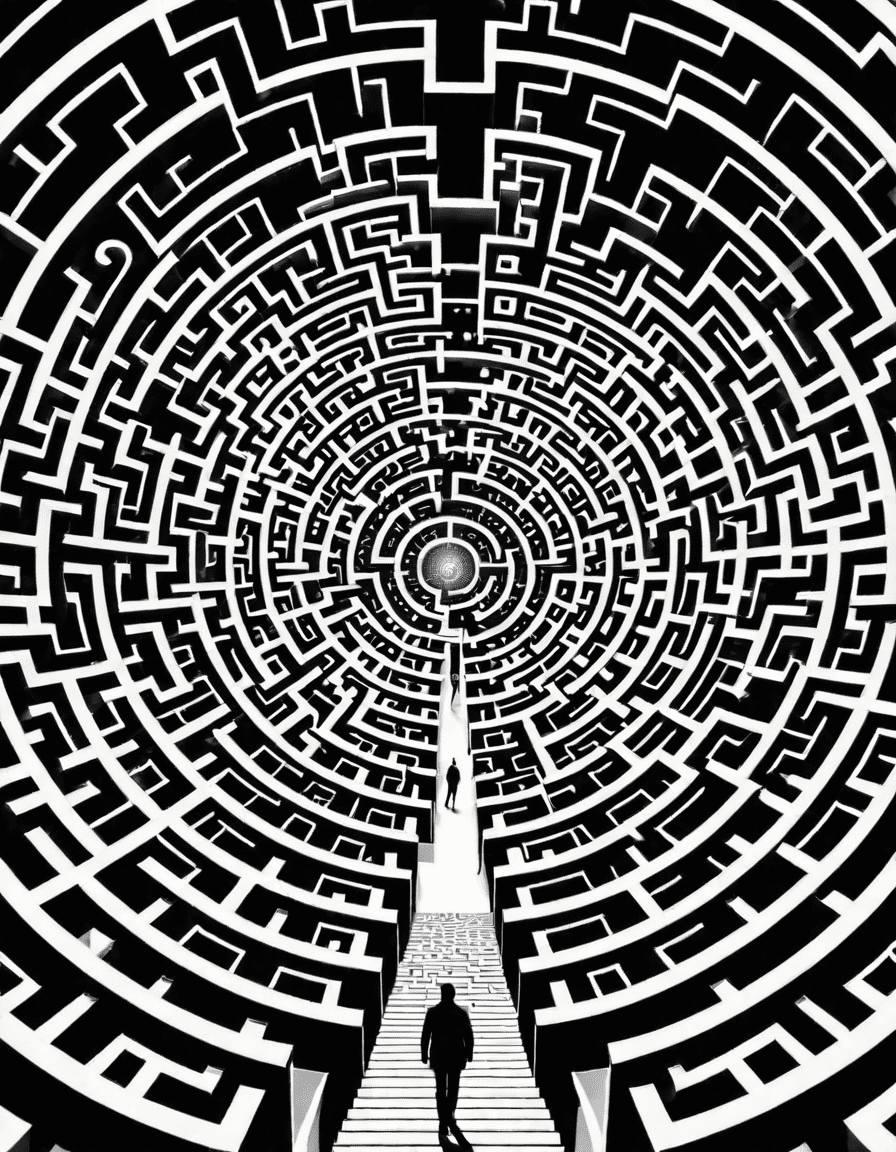
Navigating Treatment Options
Identifying treatment options can feel like wading through a dense fog for many parents. Utilizing effective methods can lighten this burden significantly. Here are some approaches worth considering:
Real-life examples abound where community support made a difference. Actress and advocate Taraji P. Henson openly shares her battles with mental health, proving that no one needs to endure the journey alone. Her story serves as a ray of hope, urging families to lean on one another in difficult times.
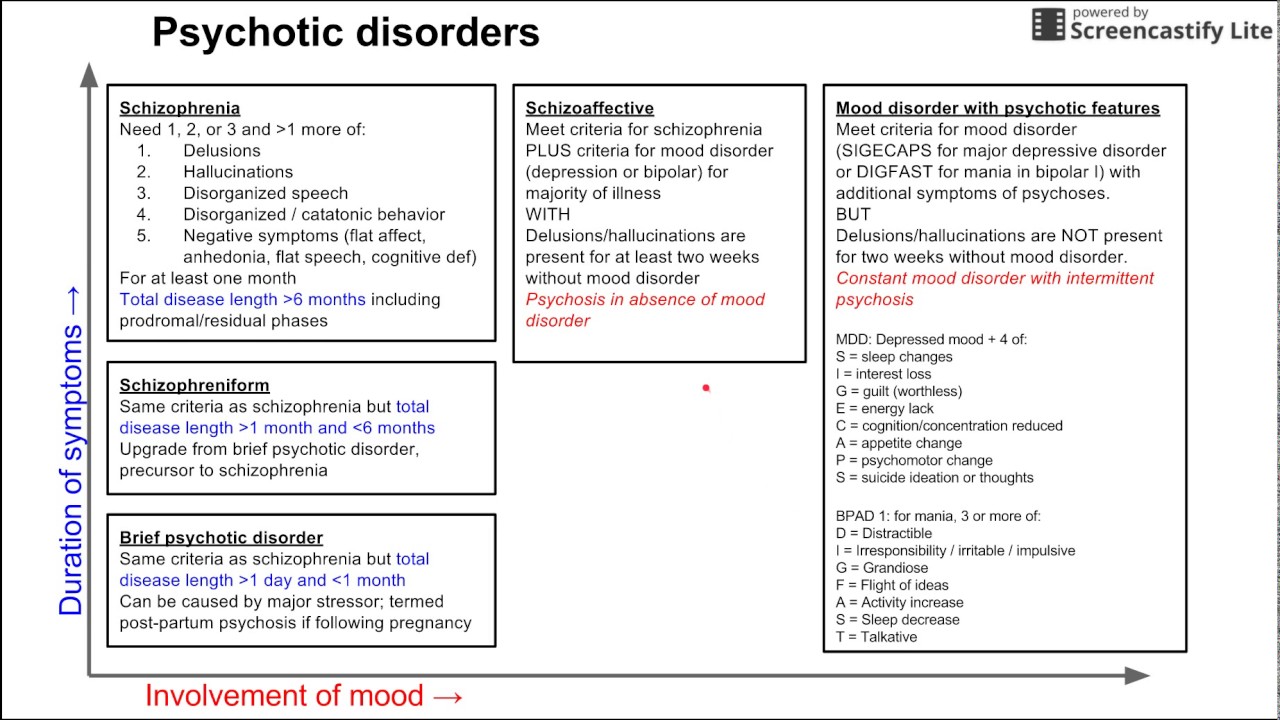
The Importance of Support Networks
For parents grappling with the reality of a child’s psychotic disorder and addiction, the emotional toll can be staggering. Creating a robust support network can prove invaluable. Whether it’s through local organizations or online forums, connecting with others facing similar challenges can provide much-needed respite and companionship.
Mothers Against is here to lend a helping hand. Our organization provides essential resources and connections for parents who feel isolated in their struggles. It’s heartening to know that support is available, and sharing experiences can ease the burden.
Embracing Hope and Understanding
Navigating the world of psychotic disorders can feel solitary, but keeping hope alive is paramount. Families that foster understanding can create supportive environments that encourage recovery. Empowering individuals who struggle with mental health means advocating for more resources and compassion within our communities.
As we continue to learn and grow together, embracing compassion is vital. Let’s support one another, advocating for a future where mental health is treated with the seriousness it deserves. Together, we can navigate the difficult terrain of psychotic disorders, building bridges of understanding that lead to healing and recovery.
At Mothers Against, we stand united with parents facing these challenging realities. The path may be fraught with difficulty, but with love, patience, and the right support, brighter days are possible. Together, we can create a community that uplifts and empowers every family on this journey.
Psychotic Disorder: Shocking Truths and Engaging Facts
Understanding Psychotic Disorders
Psychotic disorders shake a person’s reality, often resulting in symptoms like hallucinations and delusions. It’s more common than folks might think; around 1% of the population experiences these disorders at some point in their lives. Interestingly, there’s a link between certain lifestyle choices and the onset of psychotic symptoms. For example, individuals who struggle with substances might find themselves on an all-too-familiar journey. It’s essential to recognize that early intervention plays a significant role in effective treatment, much like the lab testing involved in diagnosing such conditions.
Cultural Encounters with Psychotic Disorders
Ever heard of the “mad genius” stereotype? Some brilliant minds, whether they’re artists or athletes, have dealt with psychotic disorders, like Gael Monfils, the renowned tennis player. While battling his own demons, he reminds us that fame and talent don’t exempt one from the challenges posed by mental health issues. These narratives shine a light on how pervasive psychotic disorders can be in various cultures and professions. In pop culture, even bands like Cage The Elephant address mental health, revealing the struggles faced by many, proving that the conversation around these topics is an important one.
Finding Your Way with Psychotic Disorders
Navigating life with a psychotic disorder presents its own set of challenges. Yet, learning about coping Skills For anxiety can be a beacon of hope for those affected. Whether it involves simple breathing techniques or activities, these skills can help many manage their symptoms. Meanwhile, the importance of support networks, similar to having friends help you reach for items on those high target Shelves, can’t be understated. Together, these resources create a pathway toward recovery, offering skills and strategies tailored to individual needs.
In summary, psychotic disorders bring to light issues that many face, often silently. By diving into facts about its prevalence and embracing open discussions, we can better understand and support those living with this condition.
